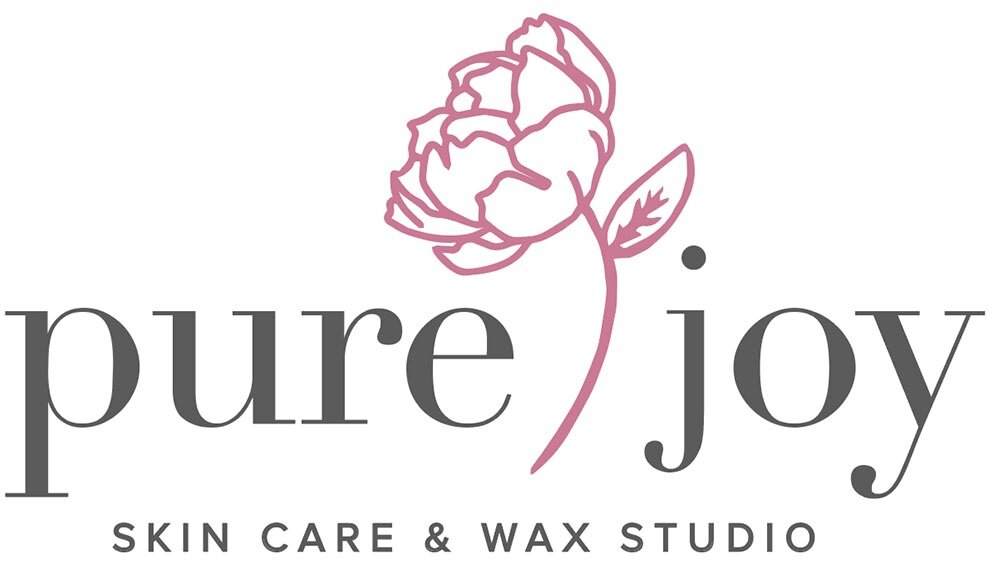Acne Fighting Tips for Teens
Acne affects many people just as they hit their teens. It’s such a common skin condition; acne usually begins in puberty and around 85 per cent of people between the ages of 12 and 24 will experience some form of it.
There’s no cure for acne but even serious cases can be managed. If your teen is experiencing serious and prolonged breakouts of spots and acne, see your doctor for advice. There are medicines that may relieve the symptoms and we know that acne can be a distressing condition at a time when appearance feels like everything.
What causes acne?
Changes in hormones can lead to increased sebum production, which is often made worse by using the wrong skincare products. Using over the counter products with a drying action can do more than just dry out the excess sebum – they take moisture out of the skin, causing it to make even MORE sebum.
When choosing acne skincare products, consult a professional esthetician for advice on which products will suit your teen’s skin. Over the counter drugstore washes and lotions can be harsh and aren’t suitable for all skin types.
Inflammation can also lead to acne in teens. If your teen plays a lot of sport and sweats a lot it can cause an acne breakout. Other things that might irritate the skin include overdoing the cover-up cosmetics which can cause pores to become clogged.
So what can you teach your teen?
There are a few sure fire ways to reduce acne that every teen can benefit from. Even if they don’t suffer from major breakouts, teaching your teen to take care of their skin will be something that keeps their skin healthy for life.
1. Wash your face twice a day.
Tell your teen to wash with lukewarm water and a gentle non-soap cleanser. Use fingertips and not a wash cloth. Keep the water warm and not hot because very hot water can actually make acne worse.
2. Use acne skincare products regularly.
Find a suitable acne treatment product and tell them to use it JUST on their problem areas. Look for a product that contains 2% salicylic acid and explain that they should use it after cleansing – unless they are also using a benzoyl peroxide wash.
3. Apply moisturizer.
Choose a moisturizer that’s oil free, non-acnegenic or non-comedogenic. (That goes for makeup and sunscreen, too.)
4. Remember hair gets greasy too.
Teens should be reminded that they need to keep their hair clean and off their face. They should aim to wash hair daily and after exercise, and also keep any sports helmets or caps clean to avoid transferring oil to their face.
5. Don’t pick!
Educate your teen about the dangers of skin picking - no matter how tempting it is to squeeze spots and blackheads, doing so just spreads bacteria, which makes more spots develop.
Seek professional advice from a skin specialist if your teen develops severe acne that won’t respond to treatment, or the condition is becoming unmanageable. For most cases of mild acne, a good skincare routine will keep their skin in good condition and stop the acne from getting too bad.

